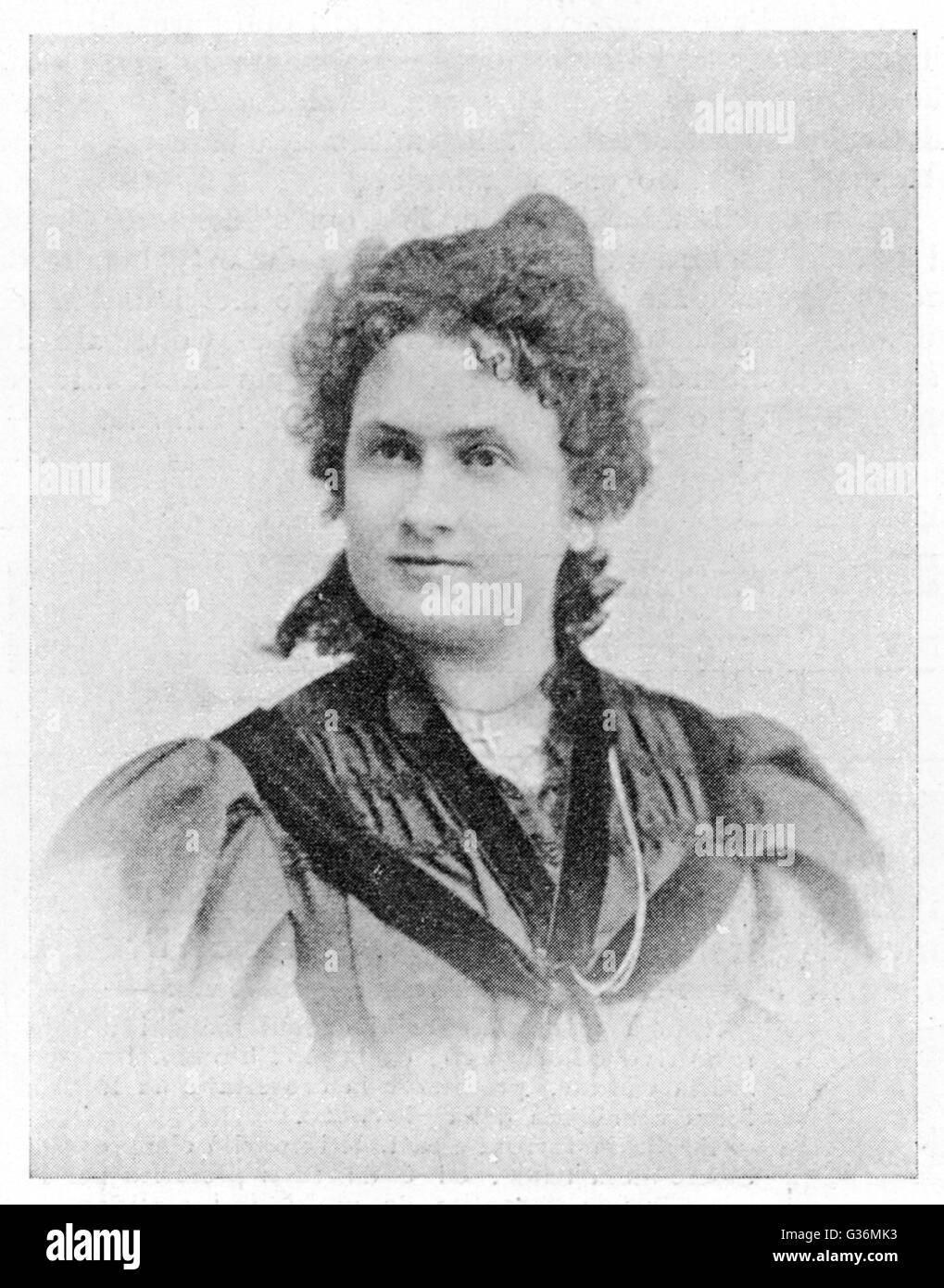
Who Was the First Educator?
If you’re interested in learning more about history’s first educators, this article will introduce you to a few of the most influential people in the history of education. We’ll learn about Maria Montessori, Horace Mann, Confucius, and Charlemagne, among others. But what was their most important contribution to the field of education? In addition to the above mentioned individuals, this article will introduce you to some of the most popular educational theories and practices of the past.
Maria Montessori
Dr. Maria Montessori was an innovative physician from Italy who created the Montessori philosophy of child development and education. Despite her early difficulties, she continued to work and teach and eventually developed a system that changed the way we educate children. Maria Montessori’s work has influenced education and childcare worldwide. Here are three of her most notable contributions. A brief history of Maria Montessori
Horace Mann
American educational reformer Horace Mann was born in Franklin, Massachusetts. His parents did not have the means to educate their children, and his education consisted of eight to ten weeks of sitting in slab benches listening to a schoolmaster barely out of his twenties. The only book Horace Mann ever read was John Bunyan’s The Pilgrim’s Progress, which he borrowed from the Franklin lending library. Although his education was minimal, Mann found the book to be an inspiring source of information.
Confucius
One of the earliest educators, Confucius, was a descendent of a noble family. He was the son of 63-year-old official Shu Lianghe and his concubine, Yan Zhengzai. When the official died, Yan fled with her young son, Confucius. He grew up in poverty, working hard, and engaged in self-education. He eventually served as a minor official in the Lu kingdom in Eastern China.
Charlemagne
The Carolingian Renaissance is the period of time when scholars, artists, and writers flourished during Charlemagne’s reign. His wide-ranging conquests brought him into contact with various cultures and brought him to France, where he increased the provision of schools and scriptoria. Ultimately, his reforms led to the revival of education in the area and made Europe more prosperous and stable. While these reforms were largely unsuccessful, the results were far-reaching.
Socrates
As the first educator, Socrates taught the art of rule. He said, “Ruling is a craft.” Rulers should have the knowledge necessary to bring about the results they desire in their subjects. Medicine, by contrast, always acts in the best interest of the patient. While doctors earn a fine salary, rulers must make decisions in the best interest of their political community. Socrates believed that a person must act in the best interest of both the patient and the political community.



